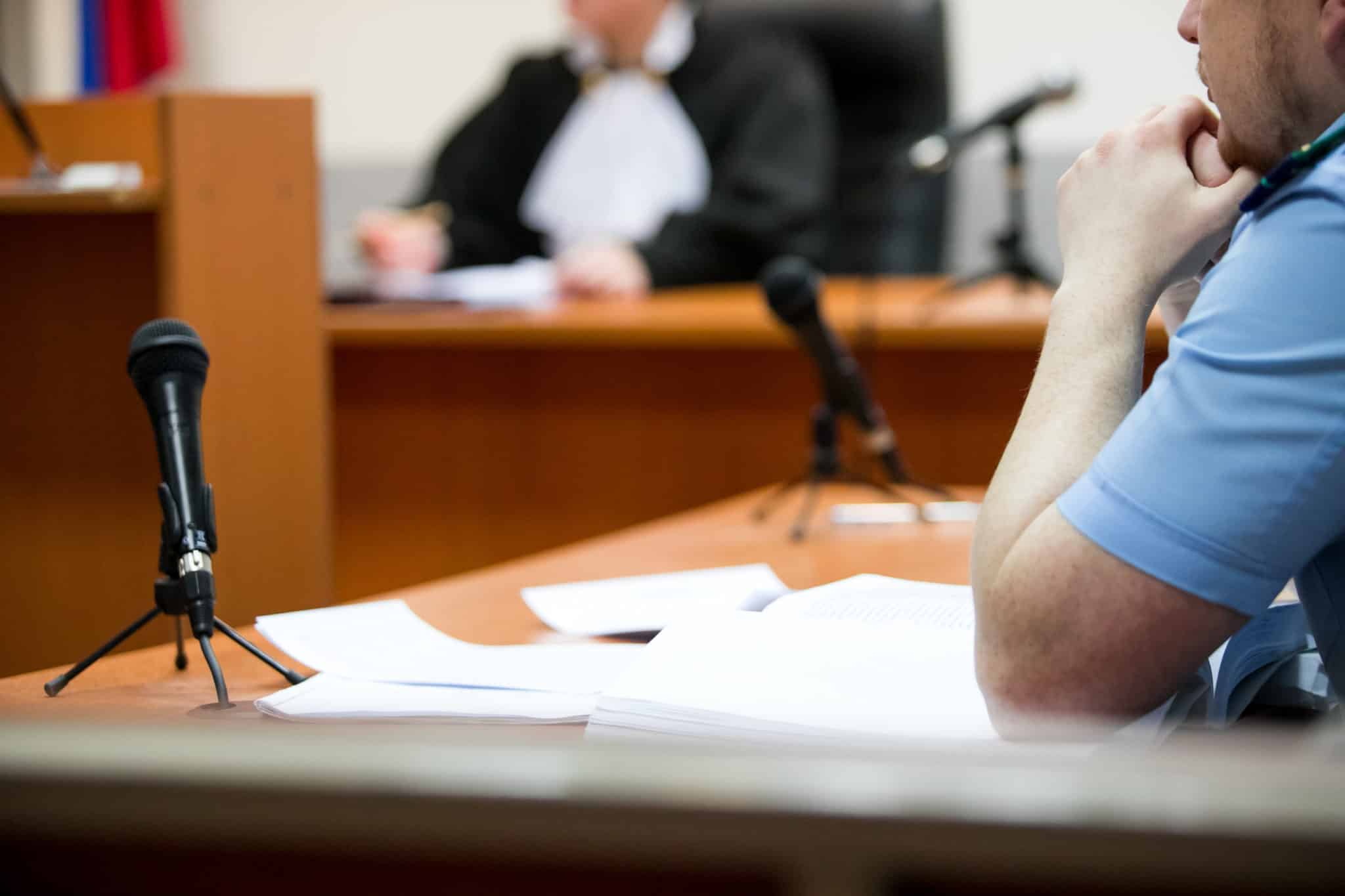Should You Testify In Your Own Trial?

Like anything having to do with the law, the question of whether you should testify in your own trial is hardly an absolute. While you may have heard the vast majority of defense lawyers advise against the defendant taking the stand, the reality is a little more complex.
Sometimes it’s a good idea. Sometimes it’s a bad idea. And it’s always a risk.
If you are facing trial here are some of the factors we’d consider when attempting to advise you whether or not to take the stand.
Do you have a prior criminal record?
If you have a prior criminal record we will almost never advise you to take the stand.
If you don’t take the stand the jury isn’t going to hear about your priors. They’re not necessarily relevant to the current trial and there’s no way for the prosecution to introduce them. Federal Rule of Evidence 404 prevents prosecutors from presenting evidence for the sole purpose of impeaching a defendant’s character, a rule known as the “propensity prohibition.”
If you do take the stand the prosecution can begin asking about your priors on cross-examination. That means the jury will hear all about them, and jurors tend to be inclined to assume guilt based on prior misdeeds. When the defense calls a witness, that witness is fair game.
See also: 7 Fatal Mistakes to Avoid When You Get Arrested.
Can you keep your cool?
Getting angry on the stand is one of the worst things a defendant can do, and prosecutors will absolutely attempt to provoke this reaction. If you are already angry, highly emotional, or prone to outbursts we will usually advise you to stay silent.
How will we know? Because by now we’ve observed your behavior with the cops, we’ve talked to people who know you, we’ve observed your levels of tension as you speak to us, and as former prosecutors we have a pretty good sense of whether it’s going to be easy to rattle you on the stand or not.
See also: How to Properly Invoke Your Right to Remain Silent, and Why It Matters.
Will the jury like you and believe you?
This is a big one. Sometimes taking the stand is a detriment just because it can make you look more slippery than you actually are. Even one slightly evasive answer can cause the jury to turn against you.
The situation we want to avoid is putting your character or personality on trial. We want to make sure jurors are looking at the evidence. We’re going to advise against putting you on the stand if we think anything else is going to happen.
If you are someone the jury might like, putting you on the stand can be extremely helpful, especially if you’re innocent. Most jurors believe a truly innocent person will speak up for himself or herself.
Do we believe your story?
We don’t have to believe your story to be willing to defend you. Having a strong, aggressive defense attorney on your side is your constitutional right, and it’s one we feel strongly about.
But we’re not going to encourage you to get up on the stand and commit perjury.
See also: The Pros and Cons of Plea Bargains.
Is there anything to lose?
Sometimes we’ll take the risk of putting you on the stand when the trial doesn’t seem to be going that well. At that point it’s a last-ditch attempt to salvage the situation.
Obviously this isn’t a situation we ever want to see. It’s one of the reasons why we work so hard on your case before we enter the courtroom.
Another Great Reason to Hire a Private Defense Attorney
When you have a private attorney you have someone who is able to spend enough time with you and on your case to do a good job of making tricky calls like this one. It’s just another reason why you can’t afford to do anything else.
Are you in trouble? Get help. Give us a call for your free consultation today.
